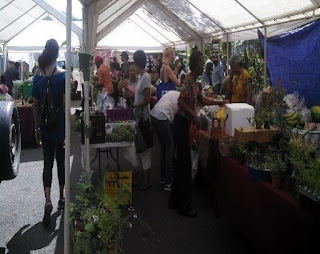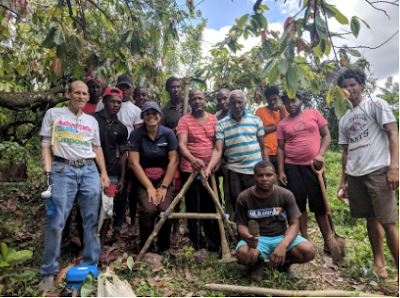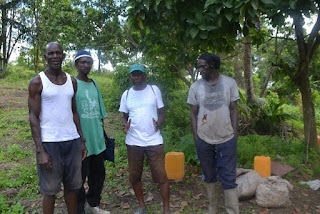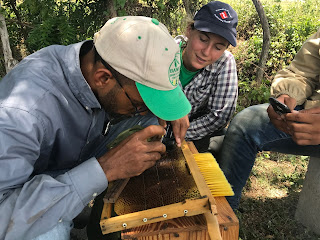Jaymee Zabienskie Farmer-to-Farmer Volunteer with Food Processing Group Alligator Pond Processors

Jamaica’s agriculture sector is increasingly turning its sights on the export of value-added products. Given the new trend, a group of producers sought technical assistance from a F2F volunteer in designing a floor plan and operating procedures for a facility that complies with Good Manufacturing Practices (GMP) and Hazard Analysis Critical Control Points (HACCP) standards. The group of producers is Alligator Pond Processors, an organization that is in the very beginning stages of remodeling an existing building for the purposes of manufacturing jams and jellies, fruit preserves, and various coffee-infused products to export globally. Volunteer Jaymee Zabienskie worked closely with Jimmy and Ronna, the operators of the processing facility, on GMP and HACCP standards and gave them various production ideas for jams, jellies, dehydrators, and fruit preserves. She distributed digital materials with facts sheets regarding products they are wishing to produce, as well as trainin







